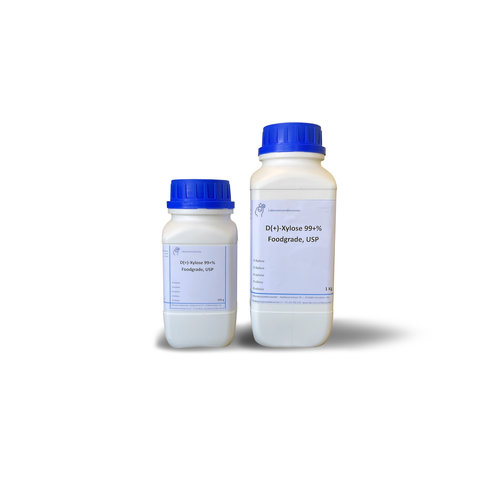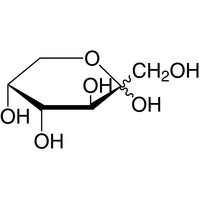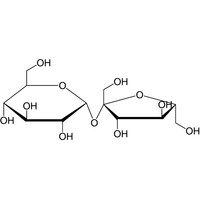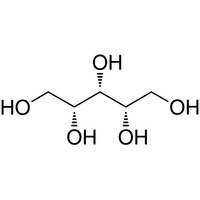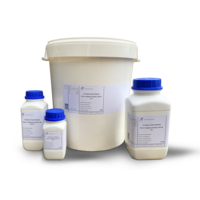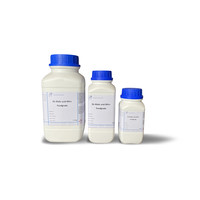You have no items in your shopping cart
D(+)-Xylose ≥99 % food grade
- Buy 2 and save 5%
- Buy 6 and save 10%
Xylose (wood sugar, birch sugar) is an aldopentose, a type of sugar with five carbon atoms and an aldehyde group as a functional group, which is formed during the hydrolysis of wood rubber with diluted acids, among other things. The sugar substitute xylitol is made from this. Based on sucrose, a 10% D-xylose solution has a sweetness of 67%. Xylose is not broken down in the human body and is excreted unchanged again. In medicine, xylose is therefore used to investigate gastric emptying and absorption processes in the intestine.
Xylose has a sweet taste similar to glucose, and a similar sweetness of 0.75.
It is used in gastroenterology to study carbohydrate absorption in the proximal small intestine. In fact, D-xylose is absorbed at the duodeno-jejunal level, poorly metabolized and excreted in the urine. The test consists of having the patient swallow 25 g of D-xylose, then measuring xylosemia 2 hours after ingestion and xylosuria on the urine collection for 5 hours after ingestion. Normal xylosemia is greater than 0.25 g l-1, normal xylosuria is greater than 5 g in 5 hours. With malabsorption of sugars, these two values are reduced.
Empirical formula C5H10O5
Molar mass (M) 150.13 g/mol
Density (D) 1.53
Melting point (mp)146-152°C
Solubility 550 g/l (H2O, 20 °C)
WCS 1
CAS No.[58-86-6]
EC-No. 200-400-7

